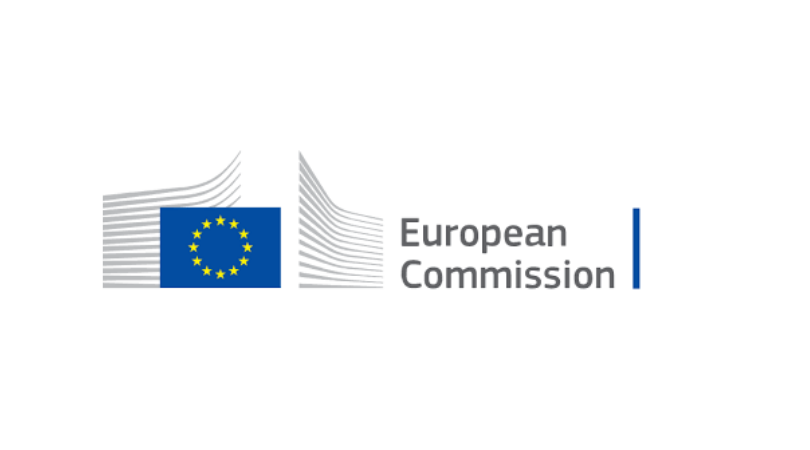The European Commission has extended the deadline for experts to contribute to a consultation on whether to classify nuclear energy and natural gas in its sustainable finance taxonomy as a row between member states deepened on the issue.
European Commission chief spokesperson Eric Mamer told a news briefing this week advisers would have until the 21 January to respond to the proposal, instead of 12 January as had initially been planned.
The decision to include the two energy sources in the taxonomy was published in a leaked draft proposal at the end of last year following months of debates on how to adequately transition in the fight against climate change.
The European Commission then opened a consultation on 1 January for industry experts, non-government organisations and the finance sector to give their views.
"The deadline has been postponed by a week and the reason is basically to give a bit more time to the platform to provide its views," Mamer said.
The proposal has caused a split between EU member states of those who are in favour of using either natural gas and nuclear energy as part of the transition to a greener economy and those who believe its inclusion would undermine its credibility as a climate leader.
As part of the consultation, the European Commission said any inclusion of gas or nuclear would have tight conditions such as coming from renewable sources or having low emissions by 2035.
It added it will amend the Taxonomy Disclosure Delegated act so investors “investors can identify if activities include gas or nuclear activities, and to what extent, so they can make an informed choice”.
The issue highlights the complexity around introducing standardised regulation across the EU member states having conflicting interests and values.
German ETF provider DWS hit back at the plans to include both gas and nuclear in the taxonomy, saying that it weakens the credibility of the rules and flows into sustainable practices.
Dennis Haensel, global head of investment and ESG advisory, said: "This decision to put nuclear energy on the same level as energy generation from wind and solar clearly contradicts the assessments of our customers and sets two negative incentives: investments in a risk technology (safety problems of nuclear power plants and final disposal of nuclear waste) and projects with high greenhouse gas emissions (gas power plants) are financed by sustainable funds."
He added current transition plans until 2030 for gas-fired power plants, and 2045 for nuclear plants reduce the development or power generation by renewable energies.
The lack of transparency and consistency of data on ESG has been a huge issue for the asset management industry.
Currently, the lack of standardised regulation across nations means that investors are reliant on voluntarily reported data and data estimated by the providers.
In November, the International Organisation of Securities Commissions (IOSCO) called on regulators to crackdown on ESG ratings and data products in a bid to stamp out greenwashing.
In the same month, a new global body was established to tackle greenwashing in financial products, including a “comprehensive global baseline of sustainability-related disclosure standards”.
Related articles



